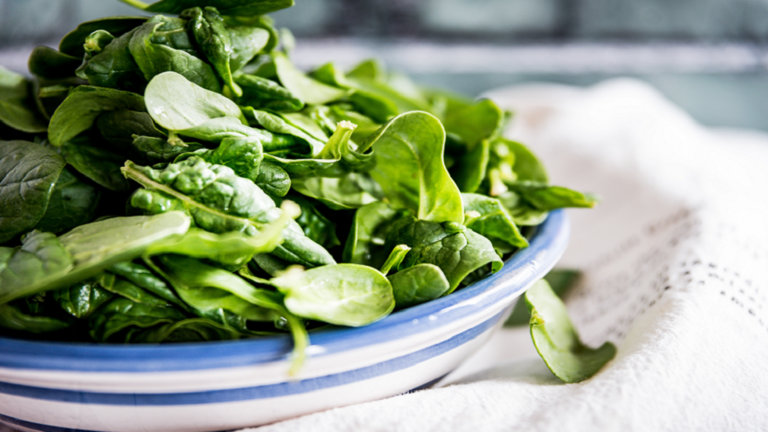A study has found that eating spinach like "papai" (the famous cartoon character) will not only make you stronger, but may protect you from dementia.
Researchers found that people with high levels of three major antioxidants in their blood are less likely to develop memory theft disorder. Two vehicles - lutein and zeaxanthin - are abundant in green leafy vegetables, as well as peas.
Oranges and papaya are among the main sources of other beta-kryptoxanthin.
Lead researcher Dr. Mei Bidon, an expert on ageing from the US National Institutes of Health, said: "Expanding people's cognitive function is an important public health challenge. Antioxidants may help protect the brain from oxidative stress that can cause cell damage. "
However, further studies were needed to test whether antioxidants really "could help protect the brain from dementia."
The same study, published in the journal Neurology, did not actually look at the volunteer's diet.
However, scientists have long advocated that a healthy diet can prevent dementia by promoting heart and circulatory health - both of which are known to play a role in the disease.
In addition to diet, people can enhance blood levels of the three compounds by taking supplements.
The researchers analyzed blood samples of more than 7,000 Americans. All participants were at least 45 years old and also underwent a physical examination and interview at the beginning of the study.
They were then monitored for 16 years, on average, so that experts could track dementia rates.
Participants were divided into three groups based on lutein, zeaxanthin and beta-kryptoxanthin antioxidants in their blood.
According to the researchers, each increase of 15.4 umol per litre of lutein and zeaxanthin levels is associated with a 7% reduction in dementia risk.
Meanwhile, every 8.6 umol per litre increase in beta-kryptoxanthin reduced the chance of dementia by 14%.
The effect of antioxidants on dementia has been reduced when other factors, including education, income and physical activity, are taken into account.
The group also acknowledged that the results are limited because they are based on a single blood measurement taken at the beginning of the study, which means that they "may not reflect people's levels over their lifetime".
Dozens of studies have shown that a diet rich in fruits and vegetables can help reduce the risk of dementia.
Experts believe that eating a particular diet can affect the biological mechanisms that lead to dementia.
What a person eats can be indirectly associated with dementia by increasing the risk of diabetes, obesity and heart disease, which is known to be associated with dementia.


Comments
Post a Comment